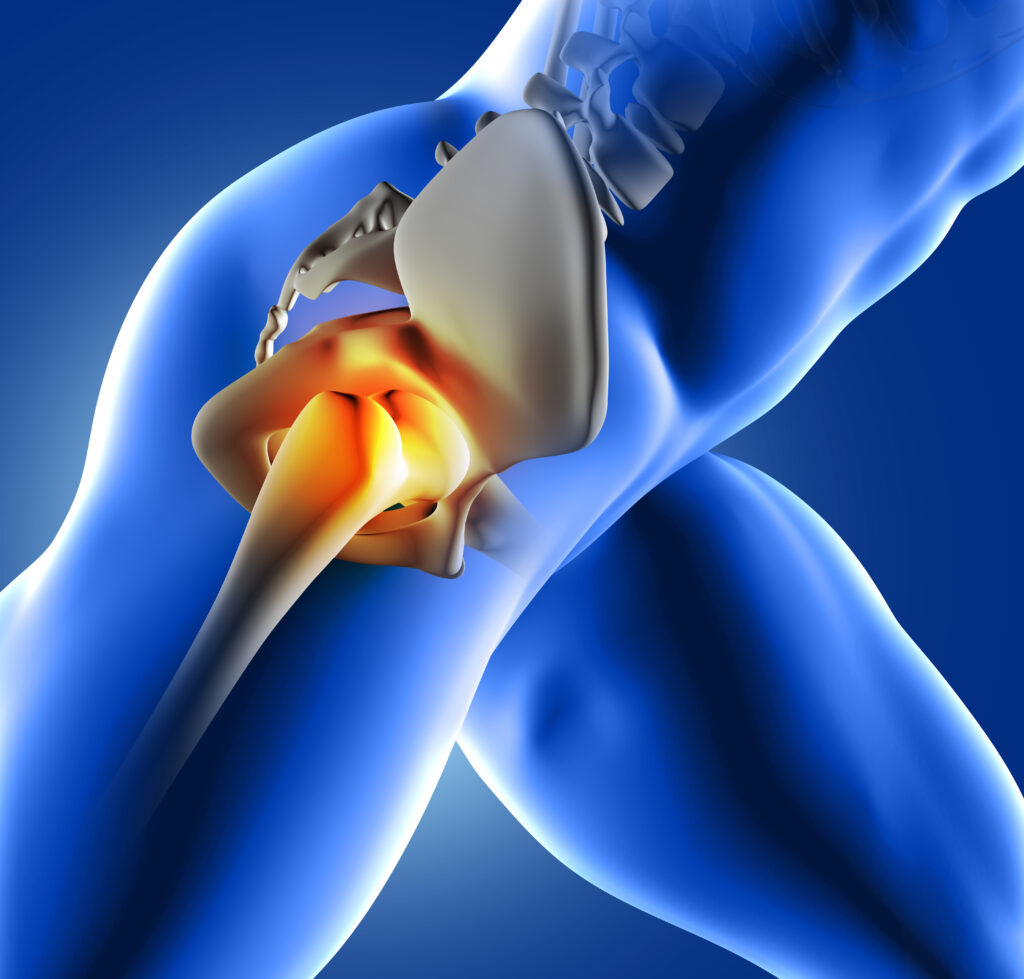
Your quality of life can be significantly increased by a hip replacement. Most patients have little to no pain or stiffness when they resume an active lifestyle. However, there are additional ways in which life can differ. You should avoid high-impact exercises with your new hip. You’ll need to look for alternatives if you run or play basketball. You might also notice that you have a limp or an altered walking gait. Exercises for physical therapy rehabilitation can help to fix this. Being consistent with your workouts will help you become more flexible and strengthen the muscles that support your joints. Your gait will eventually feel normal once more.
It is possible to replace a hip with minimum trauma.
Doctors can now replace hips with minimally invasive surgery thanks to new methods. As a result, you won’t have a single huge incision, but several smaller ones. Additionally, compared to standard surgery, you might recover more quickly and with less discomfort. Ideal candidates are typically slim, young, and in good health. Additionally, you must be dedicated to a rigorous rehab programme. If this course of action is a possibility for you, discuss it with your doctor.
Recovery from a hip replacement can take time.
It usually takes at least six weeks for most patients to resume their regular activities, including work. You’ll require a lot of help at this time. You can’t operate a vehicle. It will be difficult to get through each day, especially the first two weeks. Before going home, some people find it beneficial to stay at a rehabilitation facility. They are able to transition safely home thanks to their increased independence. As you approach the six-week mark, you will be able to execute an increasing number of daily tasks. It may take up to a year to fully recover from hip replacement surgery.
Long-lasting hip replacements are possible.
Since hip implants are mechanical, they can and do deteriorate with time. However, most last 15 to 20 years. Furthermore, you can take action to increase the lifespan of your hip implant. Keeping a healthy weight will keep the implant from experiencing additional stress. Sports with high impact and contact should be avoided to safeguard the implant. Your hip muscles will get stronger from exercise, which will also help to stabilise the implant. It’s crucial to schedule routine appointments with your orthopaedic surgeon to check on the implant’s health.
The expense of a hip replacement is a common concern. To find out if you are covered, contact your insurance provider. An orthopaedic hip replacement is typically covered by insurance. Medicaid and Medicare are included in this. Any papers required prior to surgery will be provided in cooperation
with you by your doctor’s office. Your out-of-pocket expenses will be known to your insurance company. Copays, deductibles, and co-insurance may be involved.




